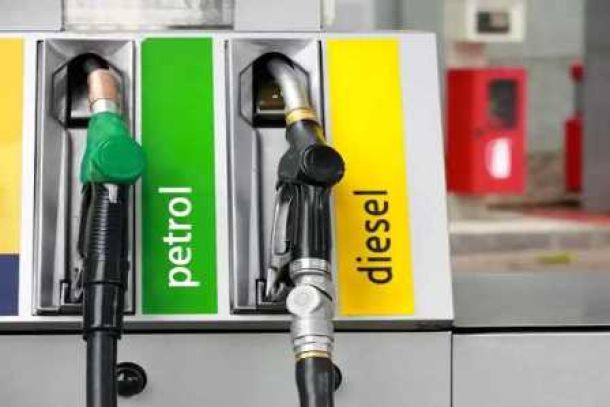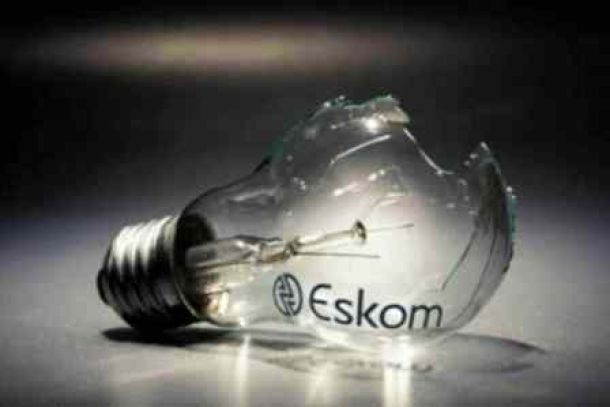E-tolls: here’s the real kicker
The most efficient option to fund road infrastructure, which continues to be ignored by government, is the fuel levy, and not e-tolls, says Opposition for Urban Tolling chairman, Wayne Duvenage.
“It has 100% compliance, with zero administration costs, and the policy to cede funds to Sanral from this mechanism is in place,” he said.
Last week, Deputy President Cyril Ramaphosa announced a new payment model for e-tolls in Gauteng, which will see a monthly cap adjusted to R225, from R450 previously.
The current 58 cents per kilometre will be reduced to 30 cents per kilometre for people using e-roads, while motorists will have to pay their outstanding e-tolls upon renewal of vehicle licences.
Duvenage said that the new e-toll dispensation appeared at first to be a good offering – but in reality, it was the same irrational scheme in a different guise.
“What really irks me most is the statement that: ‘In reaching our decision, we have listened to the input from the people and various institutions’.”
“Once again, a stand-off looms. The People vs the State,” he said.
Duvenage noted that this year, the South African National Roads Agency Limited (Sanral) will receive R12.5 billion from the Treasury to pay for road infrastructure.
The kicker
The fuel levy lobbyist said that in 2008, the year that the Gauteng Freeway Upgrade Project got under way, the fuel levy generated R24 billion for government coffers.
Over the past eight years, the fuel levy income has more than doubled and will swell Treasury’s money pot by roughly R55 billion this tax year. That is an extra R31 billion a year, he said.
“And our government has the audacity to tell us they it doesn’t have the extra R2 billion a year required to settle the Gauteng Freeway Upgrade Project bonds,” Duvenage said.
“On top of this debacle and on Sanral’s watch, the construction companies were able to collude and push the price of the Gauteng Freeway Upgrade Project up by several billion rand, right under their noses. Some estimate the project should not have cost more than R11 billion. Sanral paid almost R18 billion,” he said.
This now leaves tax paying South Africans to pick up an ‘odious debt’ that essentially does not belong to them.
This certainly provides the people with another reason not to participate in the e-toll scheme until a full and independent inquiry has been undertaken to explain how this overcharging came about and who will be held accountable.
Duvenage called for an independent inquiry to be conducted “to explain how this overcharging came about and who will be held accountable”.
News Category
- International retailers
- On the move
- Awards and achievements
- Legislation
- Wine and liquor
- Africa
- Going green
- Supplier news
- Research tools
- Retailer trading results
- Supply chain
- Innovation and technology
- Economic factors
- Crime and security
- Store Openings
- Marketing and Promotions
- Social Responsibility
- Brand Press Office
Related Articles

Good signs for petrol prices in South Africa

Eskom wants to hike electricity prices by up to...

Big petrol price drop tipped for July

Fuel price cuts bigger than expected


